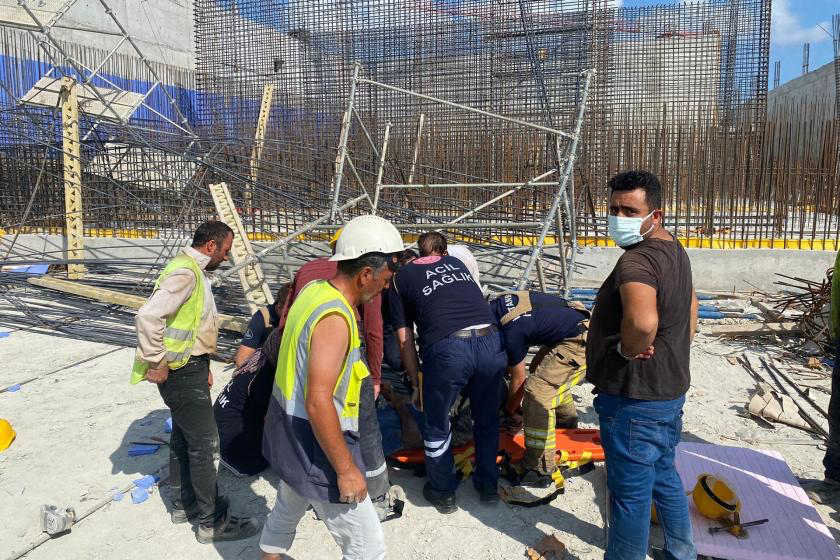Turkey’s partisan President (from the Islamist/Nationalist Justice and Development Party – AKP), Recep Tayyip Erdoğan, signalled a “softening process” aimed at compensating for his party’s defeat in local elections a few days ago by stating, “I want to initiate a softening process in Turkish politics.” Erdoğan’s move resonated with the main opposition party, the Republican People’s Party (CHP), which came first in the local elections, and CHP leader Özgür Özel met with Erdoğan. However, opposition circles claimed that this, like Erdoğan’s previous statements, was the beginning of a more aggressive move in the opposite direction.
Recently, Justice Minister Yılmaz Tunç gave clues in an interview with a pro-government newspaper about the new hardening move that the Erdoğan regime would take in this direction.
Minister Tunç outlined the contours of a new judicial reform expected to come into effect soon in a newspaper close to the government. According to the report, the judiciary’s hand will be strengthened in defining the boundaries of “espionage” during the investigation process (dependent on the government).
Tunç stated that this regulation would define a “new type of espionage crime” and that it would be in line with the “needs of intelligence units.”
In a subsequent statement on the matter, Justice Minister Tunç said that a new crime would be defined under the Turkish Penal Code as an “influence agent.” He stated that this new “crime” is regulated against crimes committed through social media, beyond espionage and spying, and those who create room for black propaganda against Turkey would fall under the category of “influence agents.”
The day after this news, Turkey’s National Intelligence Organization (MIT) released a video titled “What is Espionage” on public platforms. The video suggests that there is no clear definition of espionage and that almost any activity that could be considered against the “moral values and security of the country” falls under the definition of espionage. The inclusion of the sentence “Our citizens should not be involved in these espionage activities consciously or unconsciously” in the video implies that almost anything shared or criticized by journalists or the public could be subject to espionage investigations.
Initial comments suggest that the primary target of this legal regulation is news that does not appear in print or visual media due to censorship but still attracts attention on social media.
The Erdoğan regime had begun preparations for “new espionage” and “influence agent” accusations in 2022 and had established a “disinformation combating centre” within the Presidency’s Communication Directorate to monitor, report, and profile opposition activities.

